On June 21, 1925, Uncle Ho founded Thanh Nien Newspaper in Guangzhou, China. This was the first revolutionary newspaper of the Vietnamese revolutionary press and also a sharp weapon for him to propagate, enlighten and educate the masses. The newspaper was a bridge connecting the light of Uncle Ho's revolutionary ideology with the nation, contributing greatly to the cause of national liberation.
Thanh Nien Newspaper holds high the revolutionary flag, speaks of the will and aspirations of the Vietnamese people and points out the direction of the Vietnamese people's struggle for independence, freedom and socialism. With special significance, the Party Central Committee Secretariat has decided to make June 21 every year Vietnam Revolutionary Press Day to enhance the role and social responsibility of the press, strengthen the relationship between the press and the public, and strengthen the Party's leadership over the press.
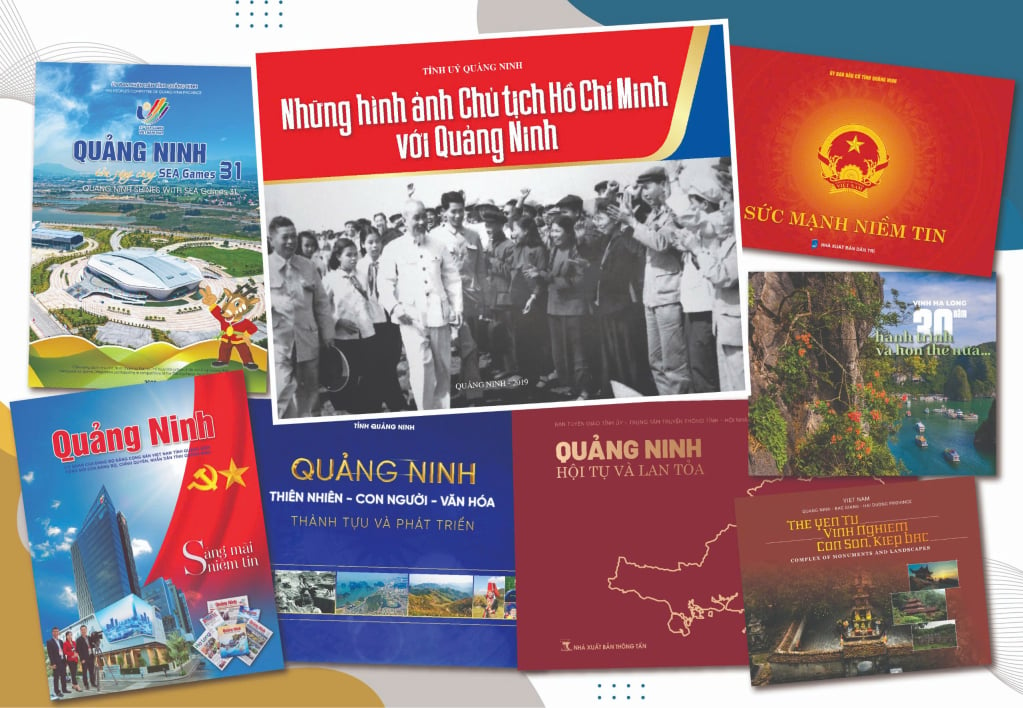
Our beloved Uncle Ho began his revolutionary career by working in journalism. He used journalism as a tool for enlightenment and awakening. He was the founder, leader, reporter... of many newspapers. In about 50 years of writing, he was the author of more than 2,000 articles, 276 poems, nearly 500 pages of stories and memoirs. He used nearly 200 pen names. Each word and article of his was a call to arms, spreading the Communist ideal and the path to national liberation. During his career as a journalist, Uncle Ho left many valuable lessons about journalism and journalism skills for generations of Vietnamese journalists to learn and follow.
Uncle Ho advised that all journalists must have a firm political stance. Politics must be mastered. Only when the political line is correct can other work be correct. Therefore, our press must have a correct political line. He affirmed that the task of journalists is important and glorious. To complete that task well, we must strive to study politics, improve our ideology, and stand firmly on the Communist Party's stance.
When writing journalistic works, Uncle Ho advised that after finishing an article, you must review it three or four times and carefully edit it. Always try to learn, always strive to improve... Every time you write an article, ask yourself: Who are you writing for? What is the purpose of writing? How to write in a way that is popular, easy to understand, concise, and easy to read?
Uncle Ho emphasized that the press must provide truthful and objective information, must respect the truth, and only by telling the truth will propaganda gain listeners. Each article must be written concisely, with clear, simple, and easy-to-understand language. Writing concisely does not mean being abrupt, but concise means being neat, clear, with a beginning and an end, and with practical, profound, and solid content.
Not only was he an outstanding revolutionary, throughout his life, Uncle Ho was also a great journalist. His teachings on journalism and journalism are always valuable lessons, valuable in illuminating the practice of journalism in Vietnam today.
In today's modern press life, journalists are required to have glorious, noble, but also very heavy responsibilities and tasks. Modern journalism poses many requirements and new working skills, multi-platform, multi-media, but what we learn from our beloved Uncle Ho about journalism is truly valuable baggage for journalists to step more firmly on the path of serving the people, serving the Country, and homeland.
In particular, on the occasion of the 100th anniversary of Vietnam's Revolutionary Press, journalists, reporters and editors have the opportunity to look back, evaluate and remember learning and following Uncle Ho's way of doing journalism, writing for the newspaper, to strive to compete to achieve many achievements, create many good and meaningful works to celebrate the great events of the country, as well as of Quang Ninh province with the mindset of "Bright mind, pure heart, sharp pen".
Source: https://baoquangninh.vn/nguoi-thay-vi-dai-cua-bao-chi-cach-mang-viet-nam-3362428.html










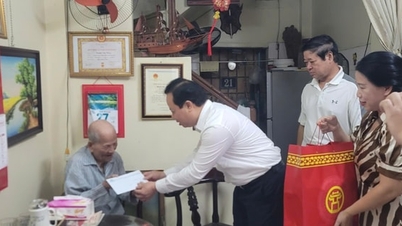




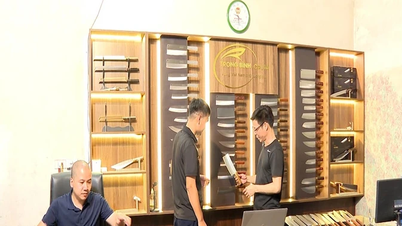

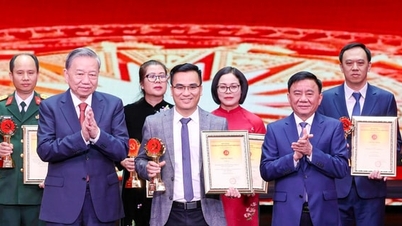





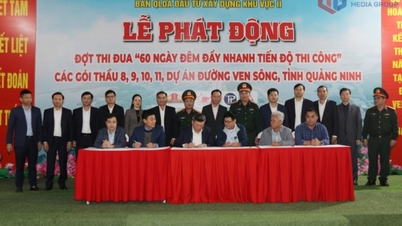







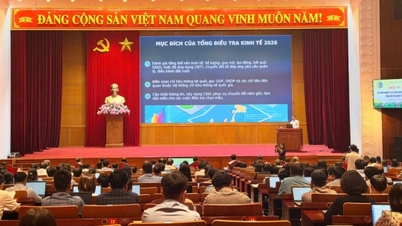


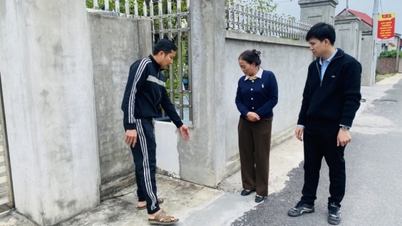













































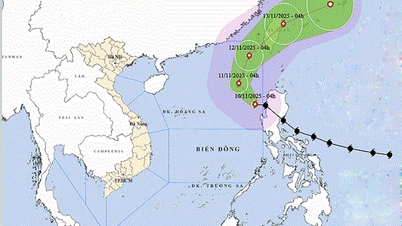


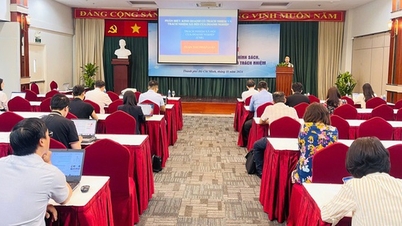










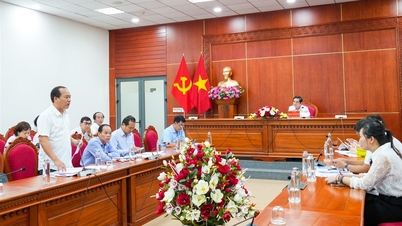




![Dong Nai OCOP transition: [Article 3] Linking tourism with OCOP product consumption](https://vphoto.vietnam.vn/thumb/402x226/vietnam/resource/IMAGE/2025/11/10/1762739199309_1324-2740-7_n-162543_981.jpeg)










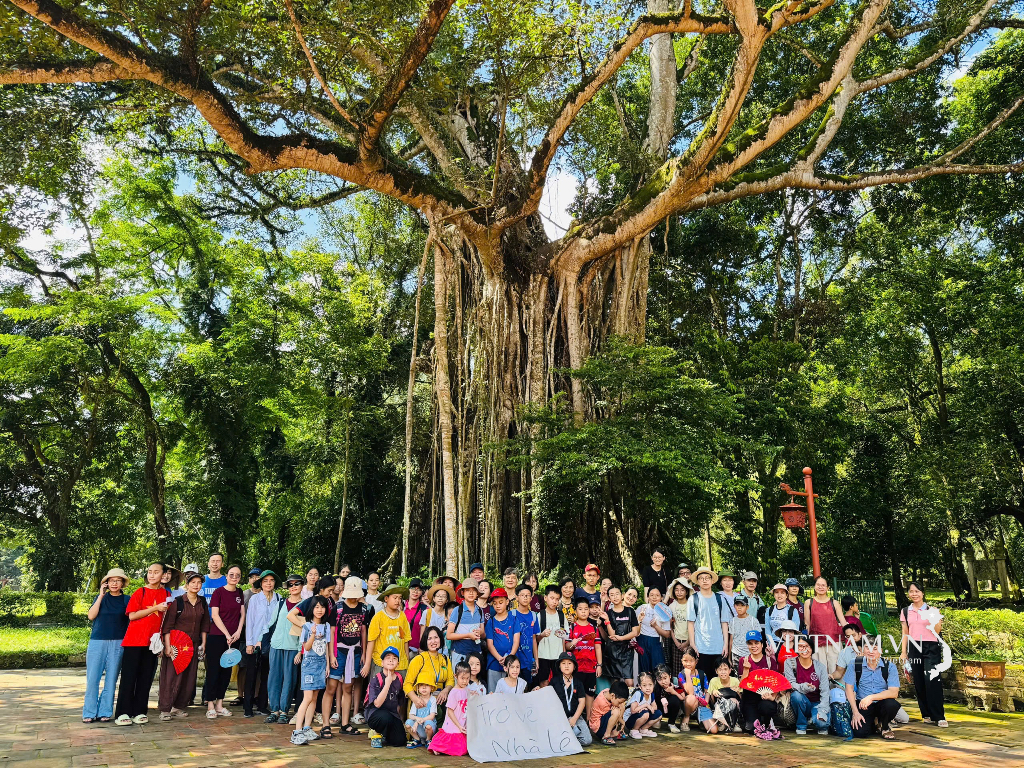


Comment (0)